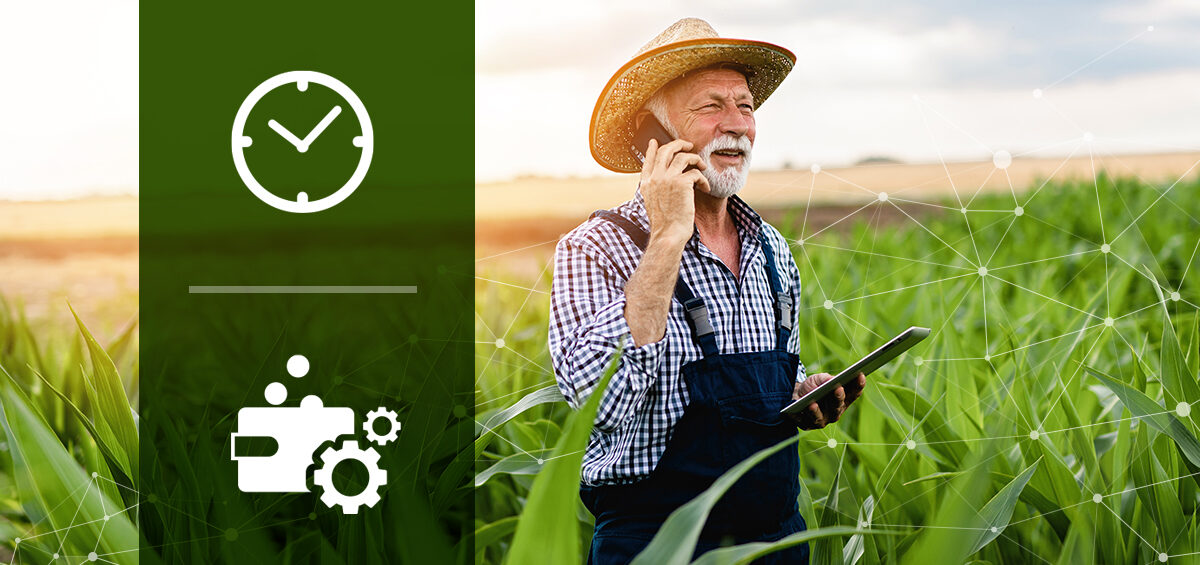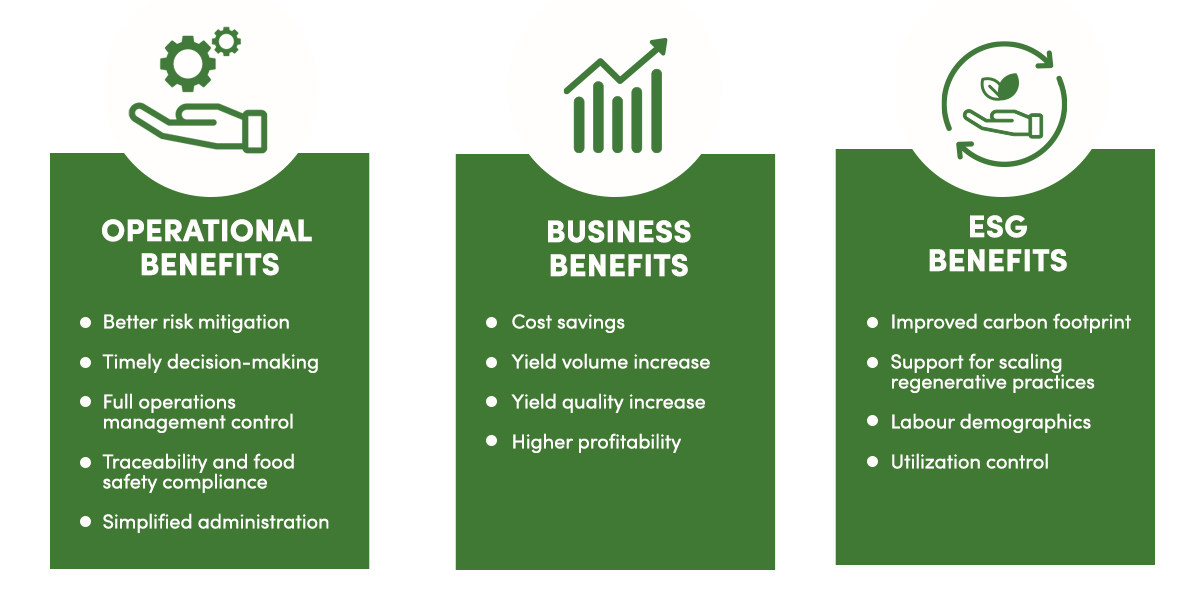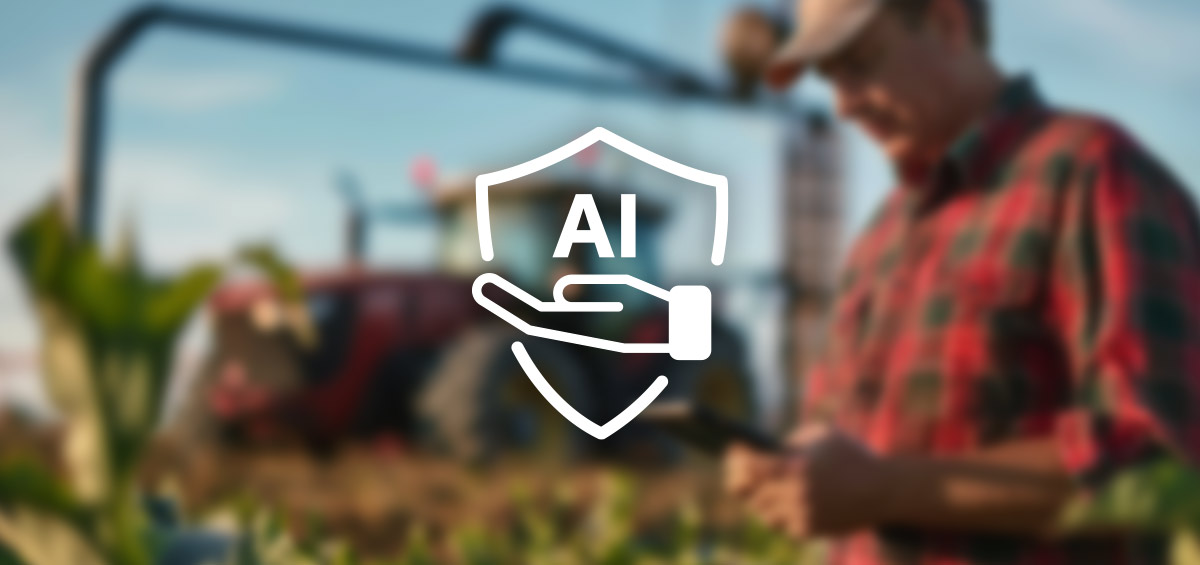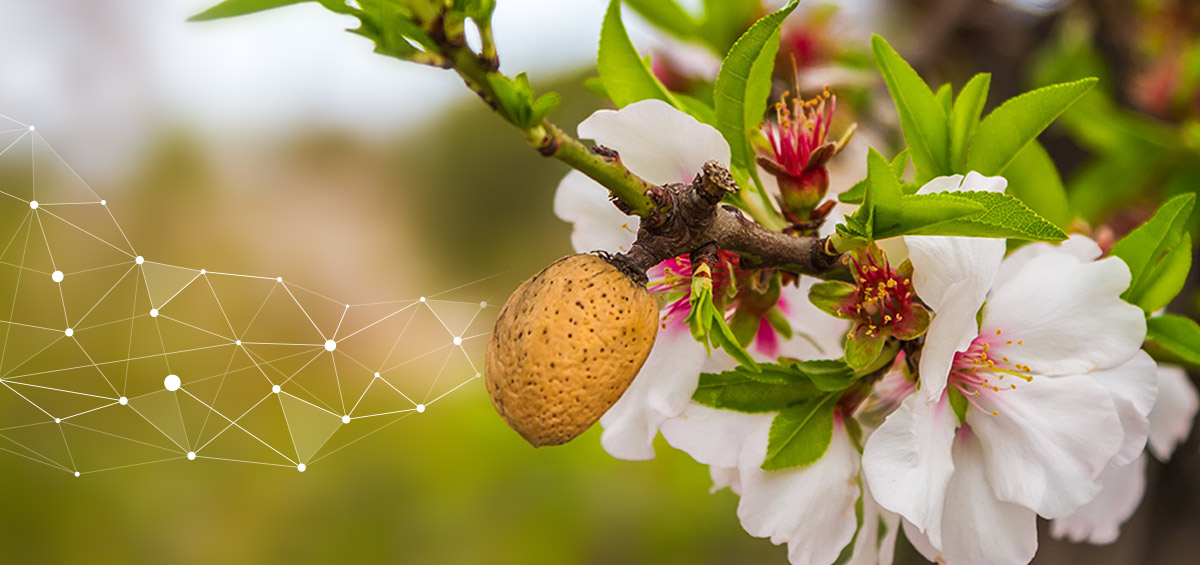Supply chain disruption, rising input prices and labor costs, geopolitical uncertainty together with overall climate change challenges are currently influencing global corporate farming sector. According to the recent McKinsey survey from 2022, 75 percent of farmers expect cost hikes, and around 60 percent of them expect the current inflationary environment to increase spending in the next 12 to 18 months. In addition, fertilizer, crop protection, and labor are the top three areas in which farmers are experiencing cost increases.
Current macroeconomic conditions could further drive farmers’ adoption of AgTech products, which are already addressing their primary concerns. Economic pressures are leading farmers to be more open to AgTech innovations as potential tools to optimize their returns and minimize their financial risk. Tools that might have seemed niche just a few years ago have gained more acceptance. Namely, nearly 55 percent of large farms today use farm management systems, and more than 50 percent of large farms use some form of precision agriculture hardware.
Moreover, the data indicates that the AgTech market will see the most growth in adoption between now and 2024. Rising input prices are currently the greatest worry that farmers face, with 67 percent citing increased input prices as one of their top three concerns for profitability over the next two years. Farmers are thus more motivated to use technologies to manage market unpredictability, especially the expectation of the cost hikes in the next 12 to 18 months.
Empowering Whole Agri-Food Value Chain with Data-Driven Technology
McKinsey survey shows that the current environment is likely to encourage farmers in combining two key submarkets: farm-management software systems and precision-agriculture hardware solutions. Farm management software systems (FMS) are particularly promising because they can equip farmers with the information needed to evaluate and manage how they utilize large value pools, including inputs such as fertilizers, seeds, and pesticides. A farm management software program implemented in an agricultural operation leads to reduced expenses, increased yields, better yield quality, higher profitability, and lower operational risk.
As a market-leading farm management software, AGRIVI 360 Farm Enterprise software enables large agribusiness companies to control complex farm operations, make data-driven decisions, optimize cost, and improve yields based on real-time insights and advanced field analytics.
AGRIVI’s farm management software delivers tangible benefits, especially to enterprise farms and own farms of food & beverages companies:
Cost Savings with AGRIVI’s Farm Management Software
Every aspect of farm business, such as crop management and protection, labor and water management, soil health, fertilizer application etc. is a complex process. AGRIVI’s farm management software (FMS) encompasses all those aspects in order to provide monitoring, activity planning, and appropriate timing for various activities, thereby assisting farmers to overcome global economic challenges and regulatory requirements.
Specifically, AGRIVI’s data-driven approach to crop management can provide a comprehensive overview. Powerful farm management software provides real-time agronomic and economic insights throughout the entire food production process and helps producers in producing healthy, nutritious and safe food by applying sustainable and climate-smart agricultural practices.
Moreover, this digital solution offers thorough planning of the required workforce as well as monitoring of workers’ efficiency for more detailed activity planning. While labor management and costs are a major challenge for businesses of all sizes, with the right tools and strategies, businesses can optimize their workforce and increase productivity, leading to cost savings.
Those are some of the specific examples of direct benefits that farmers can have by using this safe-to-go solution which ultimately enables total cost saving from 10 to even 20 percent. But what is the payback period of the investment in such a digital solution, and does it show a clear ROI?
Can Investment in FMS be Competitive Compared to Traditional Forms of Investing in Agriculture?
Along with all the mentioned benefits of digital agriculture technology, one of the key distinctions between an investment in such a digital business tool and a conventional form of investing in agribusiness such as mechanization and irrigation is the payback period.
Although most farmers opt for traditional forms of increasing and improving the quality of crop yield payback period for such type of investment is much longer. Specifically, six years for investment in new and better mechanization, and four to seven years in improved irrigation systems, respectively.
On the other hand, proven payback time from investment in AGRIVI’s farm management software is a maximum of two years. This means the first direct results on all operational levels can be seen already after two, but in more cases one harvest season. If we take into account the time period in which most farmers are expecting cost hikes, which is highlighted in a recent McKinsey survey, AGRIVI’s farm management software is the right tool that can help farmers overcome the uncertain inflationary environment above all other operational and business benefits.
Companies such as Driscoll’s, Tequila Sauza, Procesadora Tropical, and many more, have recognized AGRIVI and are using its digital agriculture technology to manage and improve their crop production. Read more about how our clients implemented AGRIVI to improve their farm business operations:






